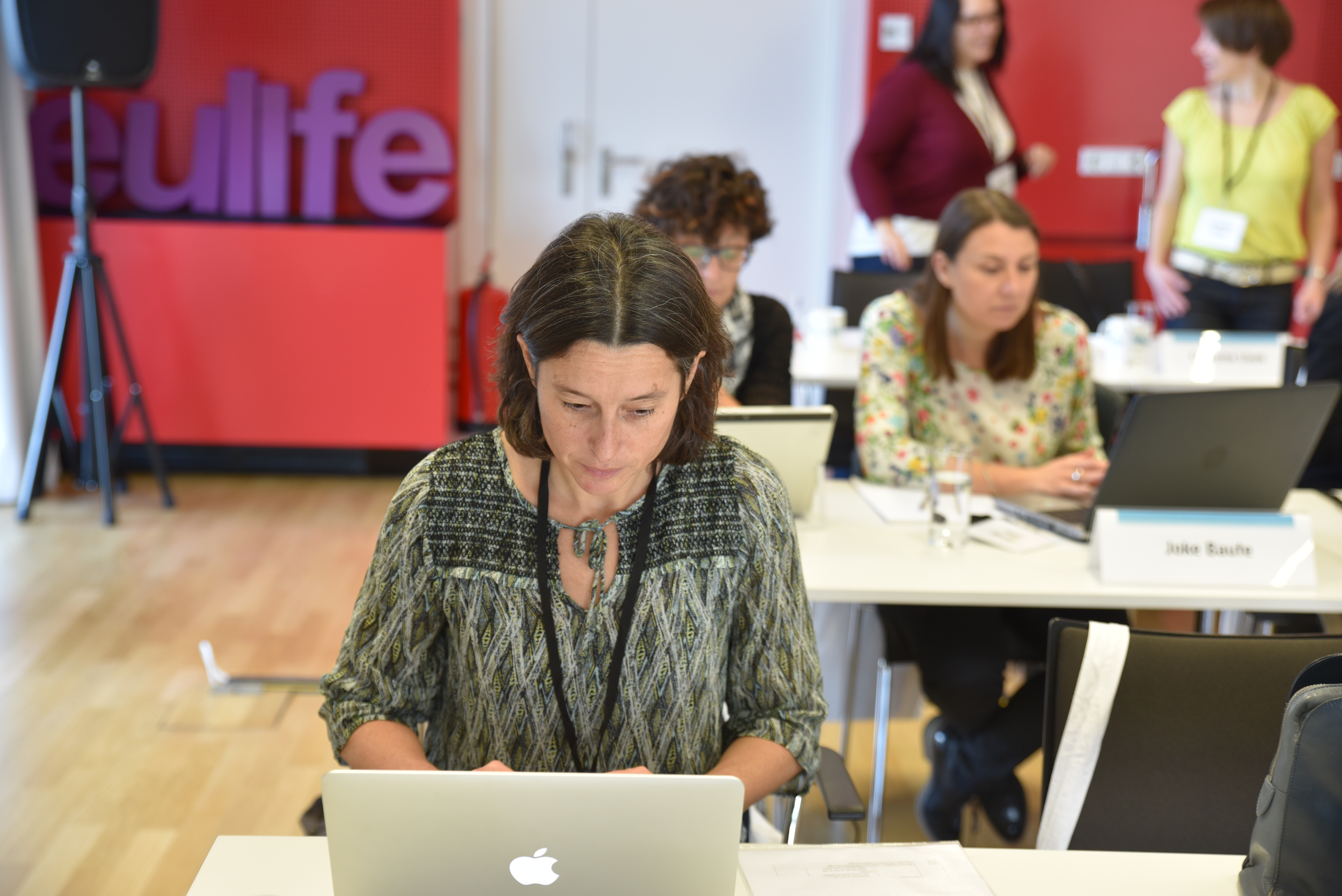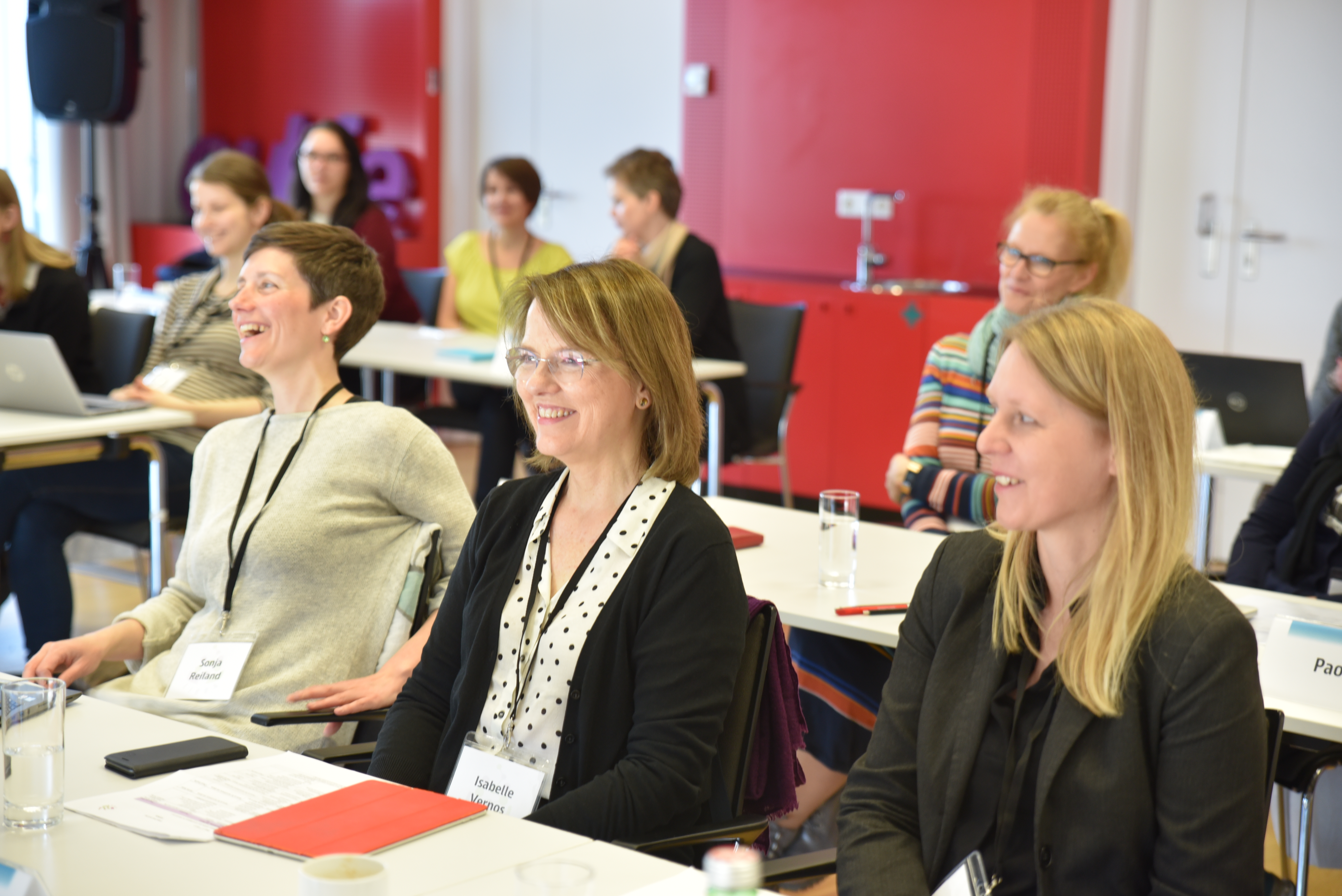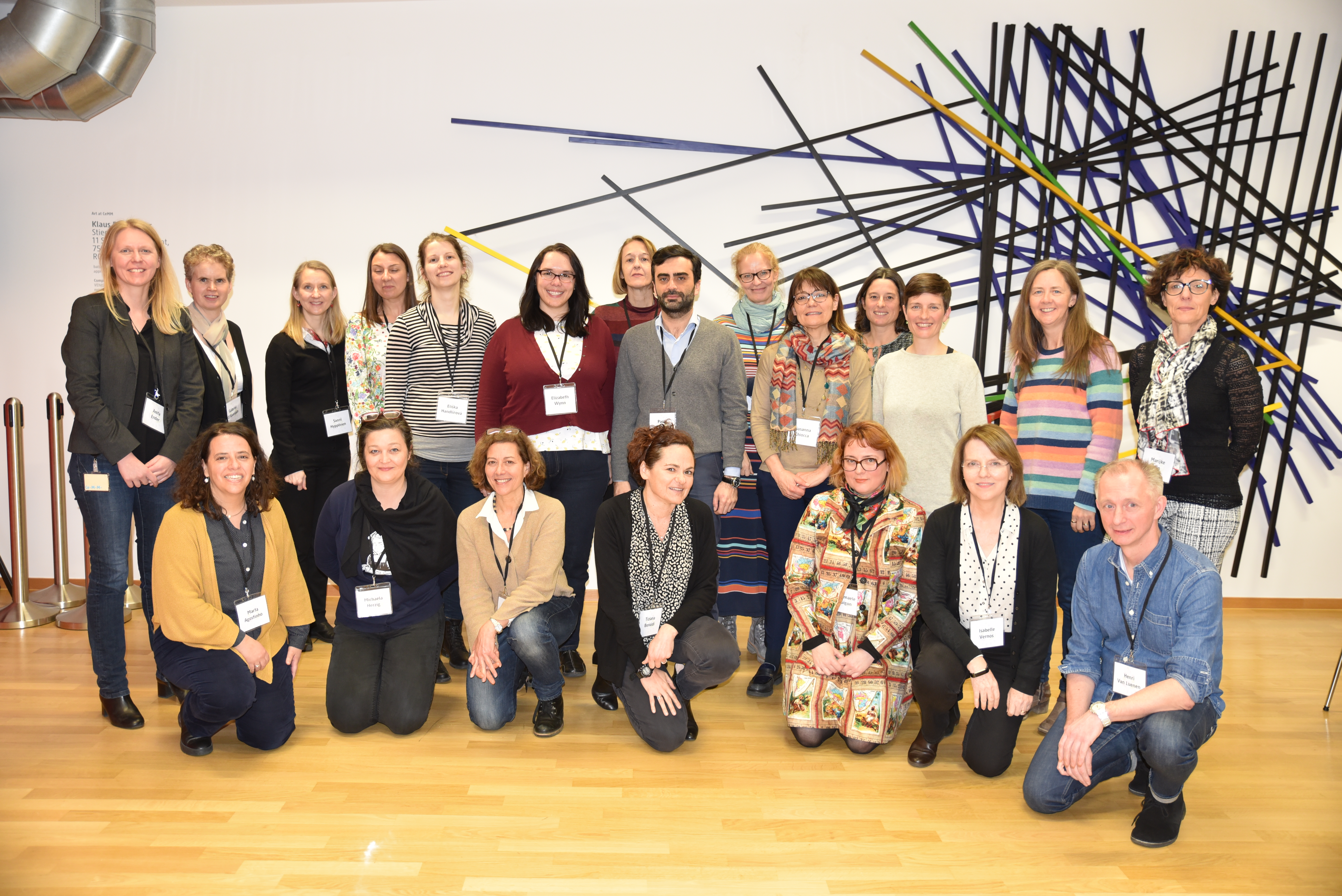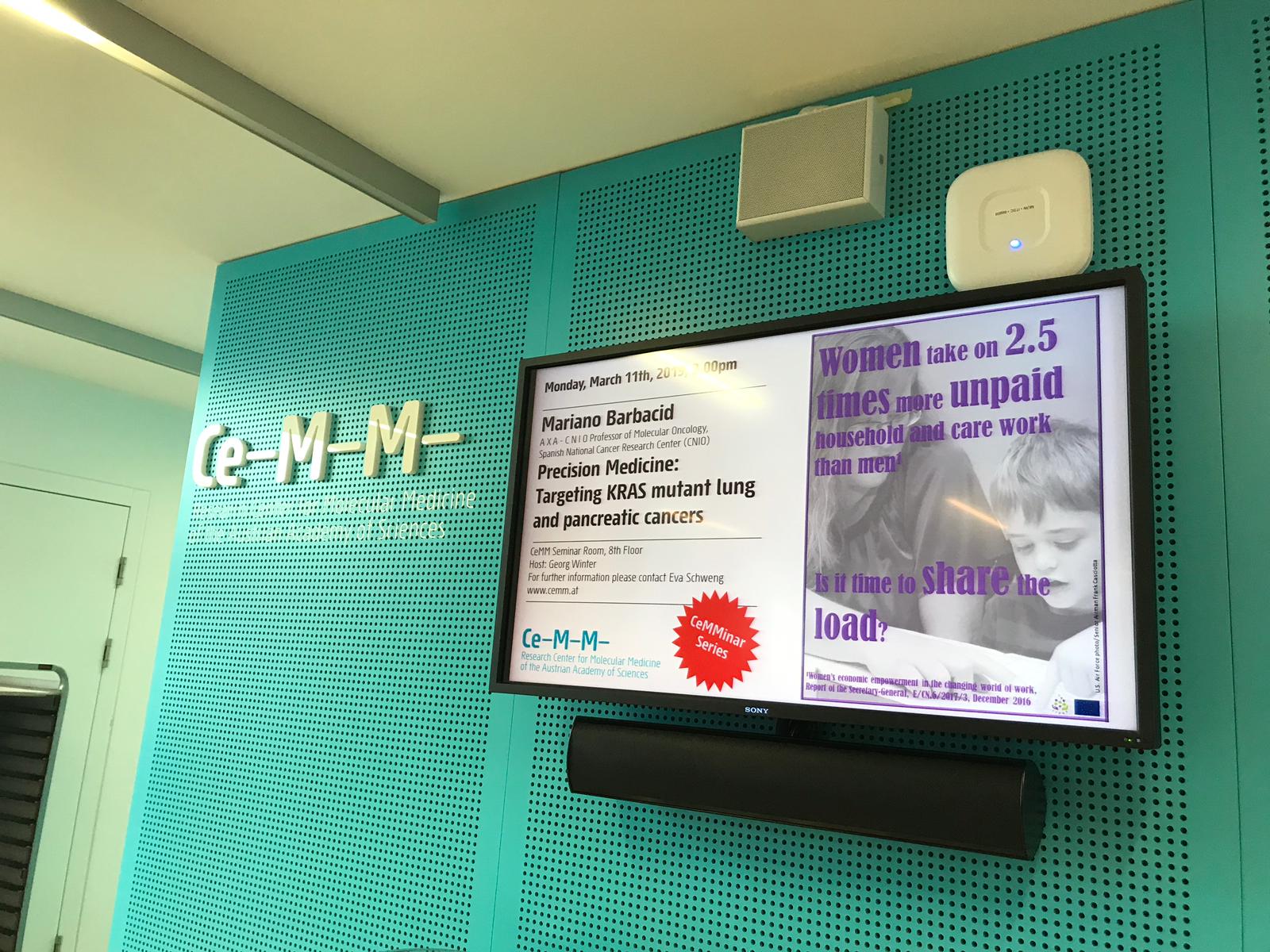The LIBRA project finished in March 2019. It was a 3.5 years collaborative project under the H2020 framework programme financed by the European Commission. But it was much more than that. At the end of our last consortium meeting, we did a tour de table, and every participant shared what LIBRA meant for them. The most remarkable aspect that nearly every person in the room stated was that LIBRA changed their personal life. It was such an emotional moment, which I never experienced before in a professional meeting. The numerous discussions in the consortium changed the way we are raising and educating children, how we interact and talk to our family members and colleagues, define professional ambitions and expectations towards a career, just to mention a few. The project created another dimension of trust and connection in the EU-LIFE community, to which all project partners belong.
Of course, this is little impact, when counting only about 30 people. But we are from 13 different research institutes, spread in 13 different countries, with many colleagues, friends and family members. All the LIBRA partners closed the project with having implemented a Gender Equality Plan and a sustainability plan tailored to each of the institution guaranteeing the continuation of the efforts to create a more inclusive environment.
Besides the fact that during the life time of LIBRA 37% of hired Principal Investigators at the partner institutions were women (19 out of 51), we triggered change to the institutional cultures. In our institutions, about 3000 employees joined the Implicit Association Test campaign and learned about their own association of science and career with a specific gender. We trained 429 Principal Investigators, supervisors of scientific staff, and head of administrative departments in recognising and avoiding implicit bias. The LIBRA Poster campaign was very successful and triggered discussions in the corridor about the correlation of equal opportunities and the way families distribute responsibilities for childcare and housework. It also inspired other institutions to run the same campaign using the LIBRA posters. The advancements of our institutions was monitored by our Gender Expert partner ASDO (now Knowledge&Innovation) who did a fantastic job in evaluating our increase of institutional capacity for gender mainstreaming and actor mobilisation.
In September 2018 LIBRA held a stakeholder workshop on the topic of “Sex and Gender dimension in research” and engaged 58 delegates from 13 European countries from research, industry, publisher and funding agencies into the discussion. Majority of the delegates that provided feedback were inspired to make changes in their own organisation, which was the objective of the workshop. As a bottom-up initiative, all LIBRA partners provide training on that topic to their PhD students. Either using the free LIBRA online module or institute tailored training materials.
One of the sustainability measures of the project was the collaboration of the LIBRA coordinator CRG in the ACT on Gender project, with the role to facility a Community of Practice driving institutional change towards Gender Equality in Life Sciences. It was a fantastic opportunity to spread the experiences and knowledge gained during LIBRA and share it with LIBRA followers and new partners. Additionally, as a direct follow-up of LIBRA, we founded the Gender Equality Working Group under the umbrella of the EU-LIFE alliance to continue the successful collaboration of all LIBRA partners and maintaining Gender Equality as priority in EU-LIFE.
LIBRA final report: https://ec.europa.eu/research/participants/documents/downloadPublic?documentIds=080166e5c482653f&appId=PPGMS
All public LIBRA deliverables can be accessed and downloaded from EU research results CORDIS webpage: https://cordis.europa.eu/project/id/665937/results
In Zenodo we created a community where we highlight additional outputs: https://zenodo.org/communities/libra/?page=1&size=20




